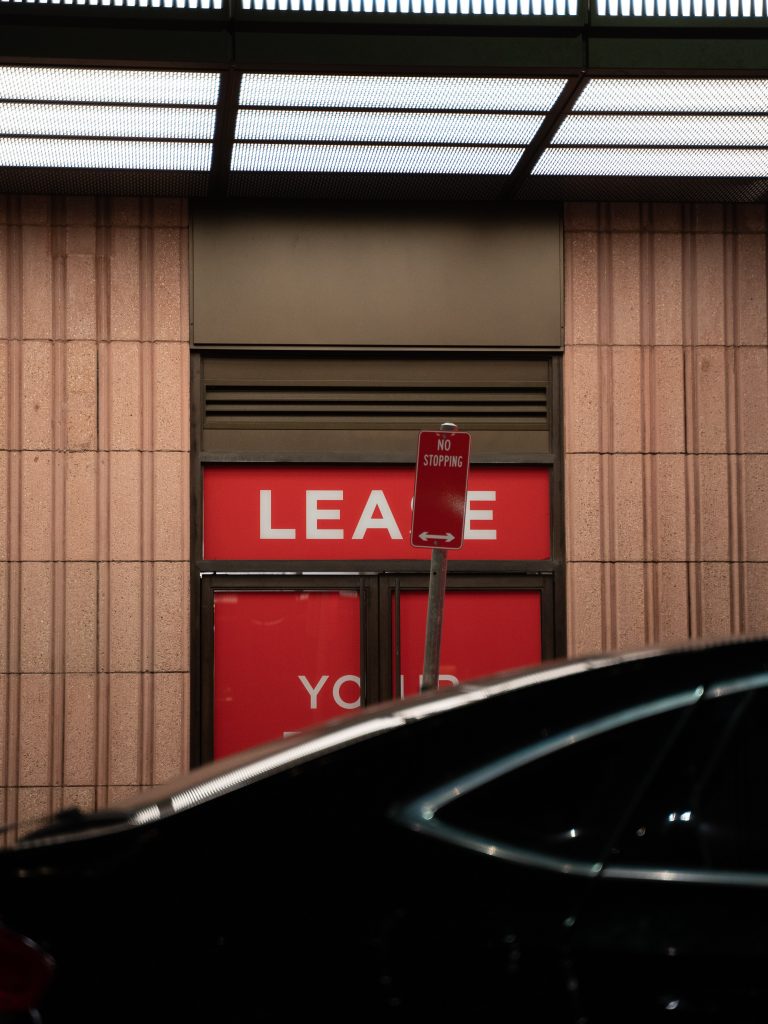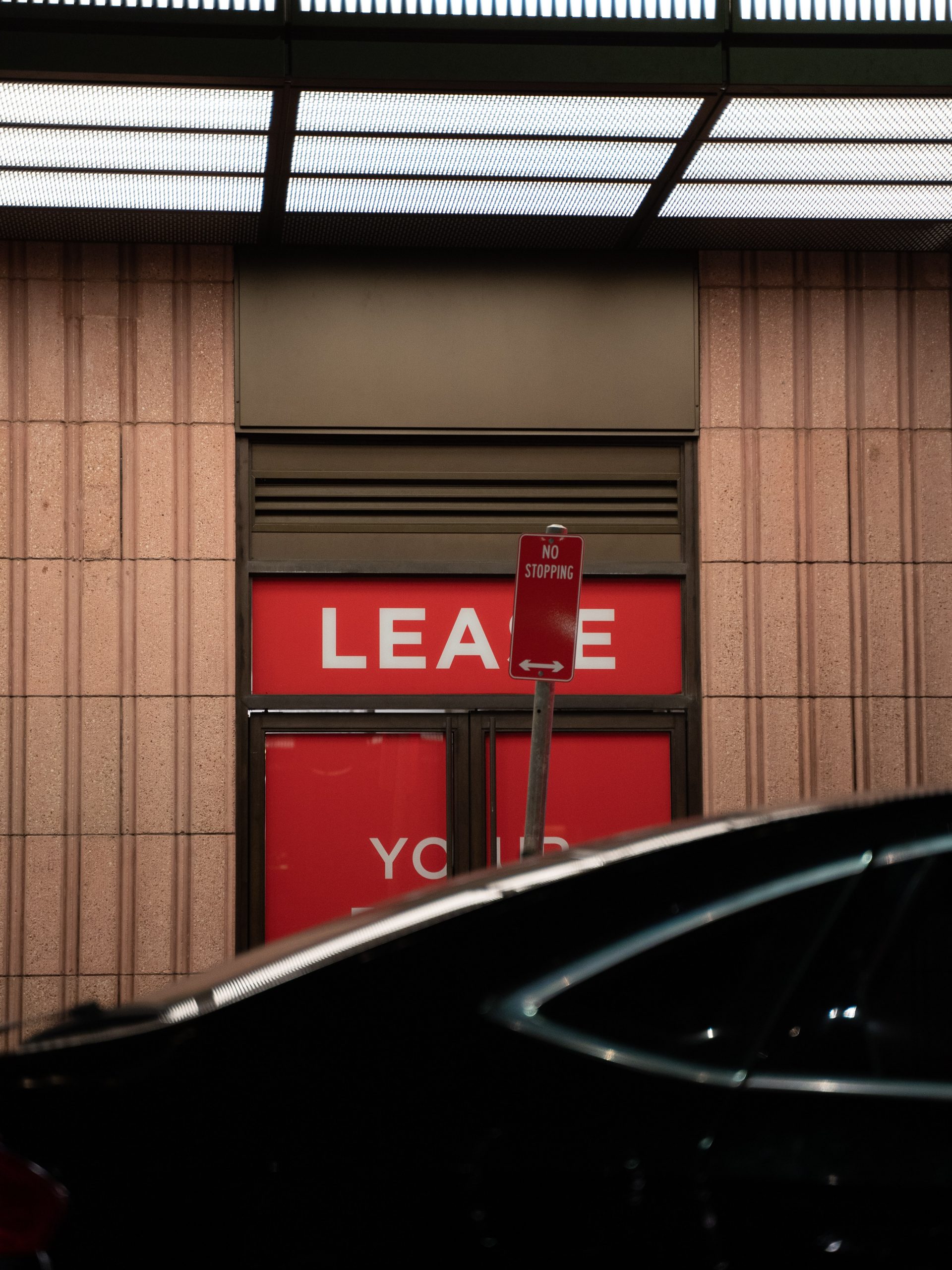Renting a property as an expat is quite difficult for a few reasons. Firstly, you are likely to be new to the country and not used to the Italian real estate market; secondly, you might not speak the language that well, and finally you are going through the whole relocation process where finding a property is one of the many pieces of the puzzle you need to put together.

Table of Contents
ToggleWhere to find places to rent in Italy?
You can find places available for rent on various web portals in Italy, you can also try Facebook groups, or you can finally use the local real estate agents who work with lettings.
There are a variety of solutions to find places (or rooms) to rent, yet you must be aware of potential fraud
Do not ever pay any deposit without any written agreement.
Landlords normally ask for referral letters, and proof of financial capability to the tenants. The landlords normally request the most recent tax return, your recent payslips, and/or your employment contract.
Sometimes a referral letter from a lawyer or an accountant is accepted as proof of financial capability.
Rental contracts in Italy
We cannot stress enough the importance of having a written rental contract signed and registered at the local tax office. Not having a contract is harming you as a tenant more than you could imagine.
There are still many landlords who provide the in nero solution, please don’t do that.
There are various contract options in Italy, and unlike other countries (especially common law ones), the rental agreement is strictly regulated by the law, thus the clauses in the contract are highly regulated. There is not much flexibility in the rental agreement itself.
You can opt for a 4+4 contract, or a 3+2, or a transitorio one (up to one year). The contract duration is set by the law, and it renews automatically at the end, unless any of the party decides to end the contract.
The contract itself includes a notice for vacation, which can be set freely by the parties (or even excluded). We advise to put a period up to 6 months maximum.
The contract will also provide guidance on the running expenses which can be included in the rent, or excluded.
On the other hand, the condominium fees are split between the landlord and the tenant; the condominium property fees are always on the landlord, while the other running expenses are on the tenant.
Deposit and registration
Once you have signed the rental agreement, you are required to pay the deposit as per the contract, which is normally 2 or 3 months of rent. The deposit serves as guarantee for any damage incurred during the letting period, at the end of the contract it is then transferred back to you.
The contract needs to be registered to the local tax office within 30 days of signature, and it might include registrar tax to be paid. If your contract is taxed under the cedolare secca, there is no tax to be paid at registration.
You don’t have to wait in line at the tax office, the whole procedure can be done online using the RLI software provided by the tax office.
The receipt issued by the tax office is the official stamp that certifies the rental has been registered, providing a certain date for the contract itself.






